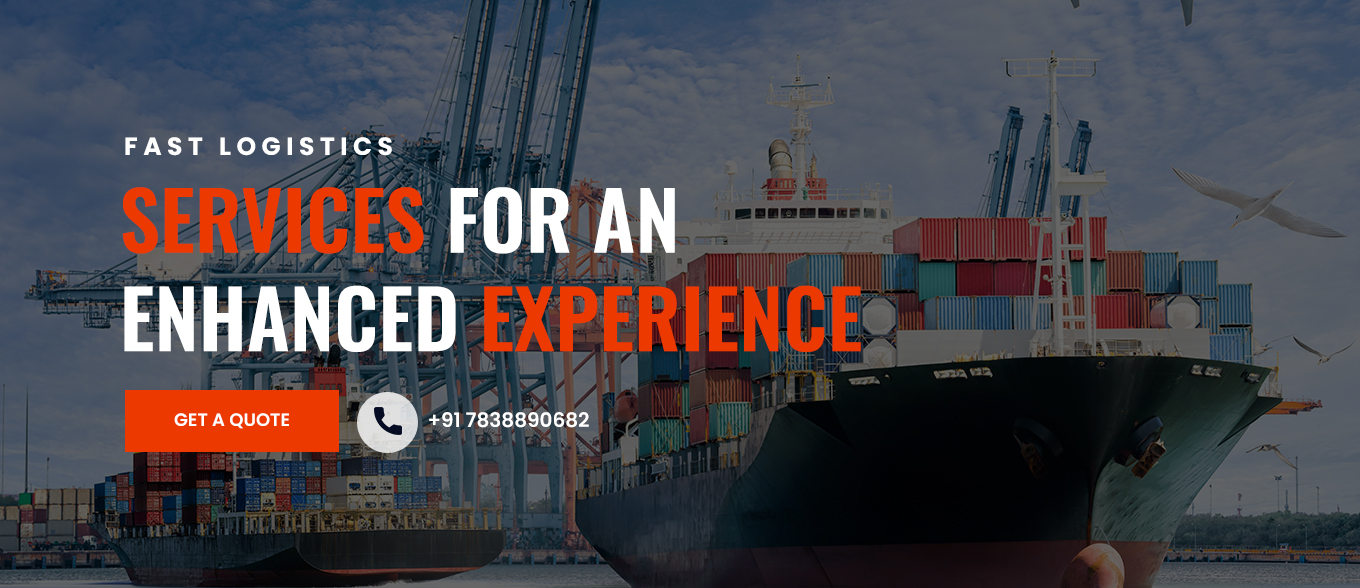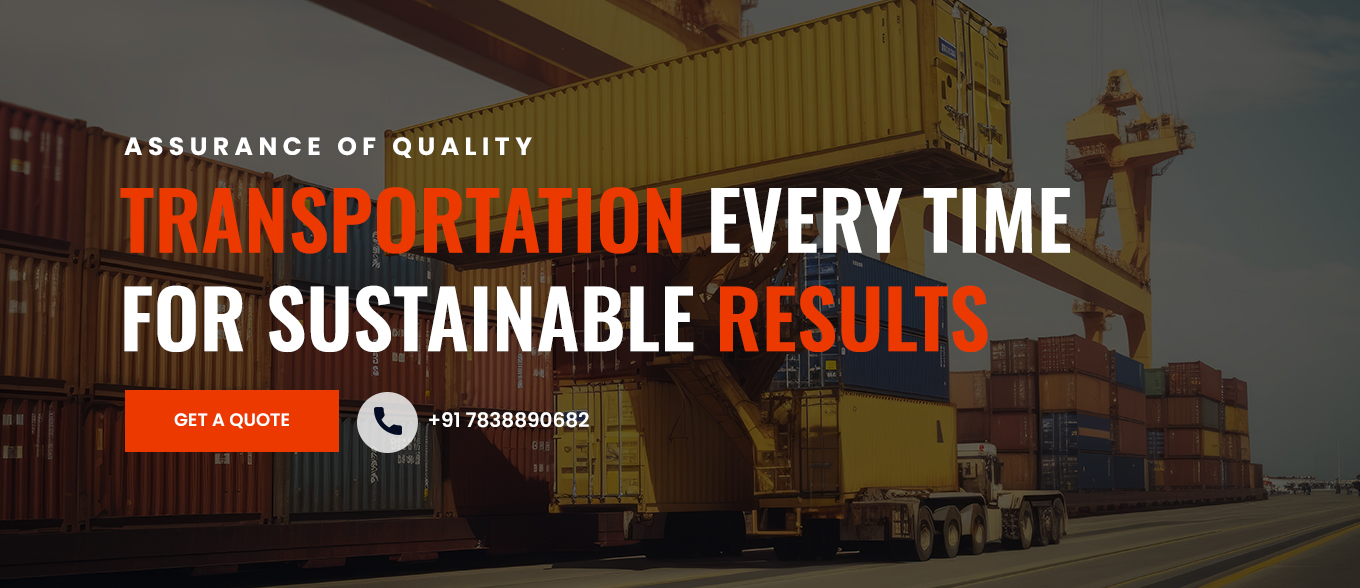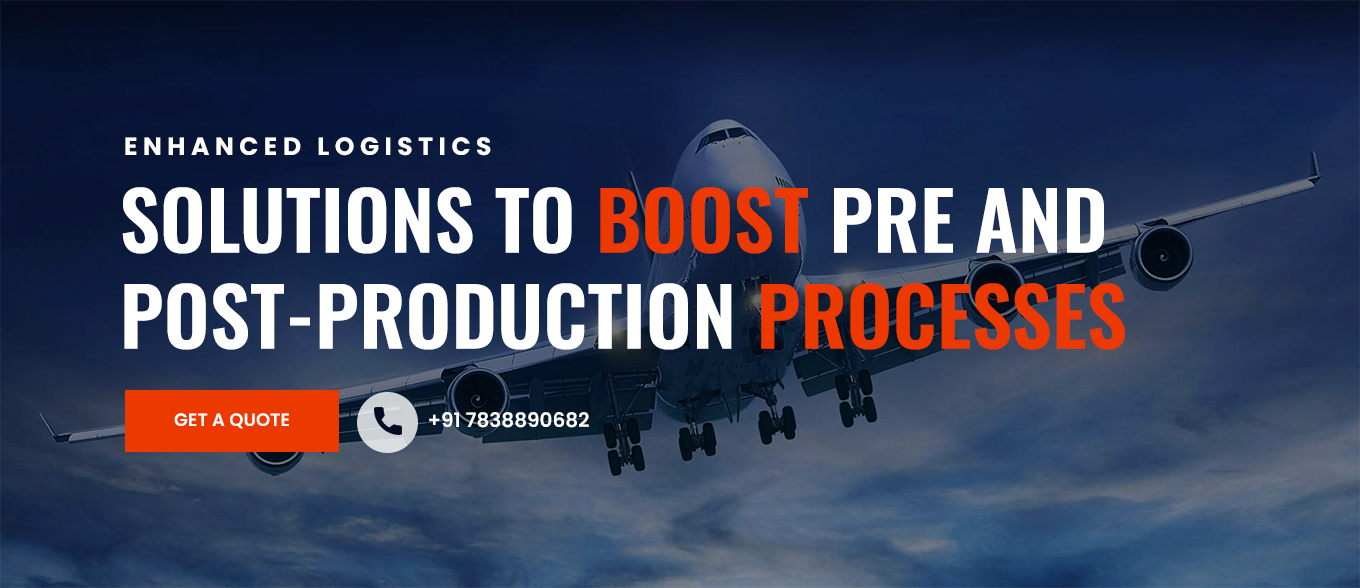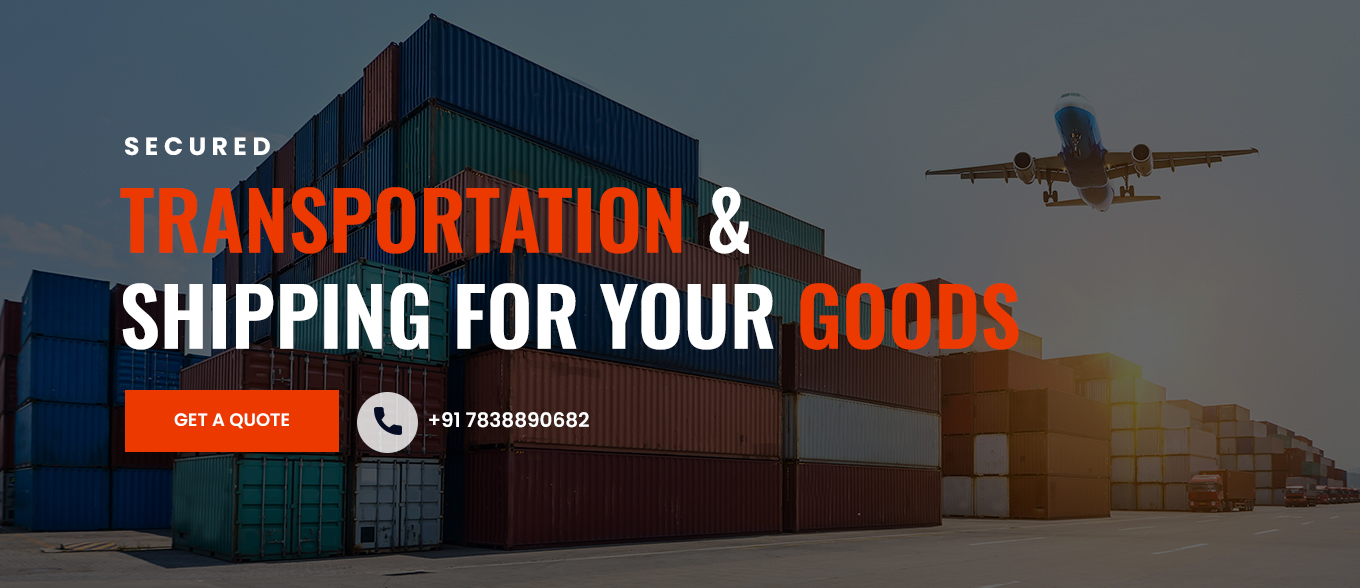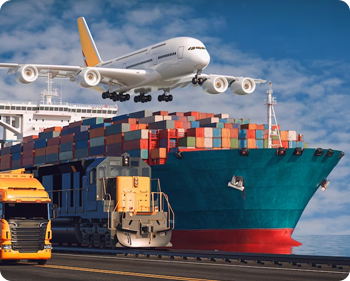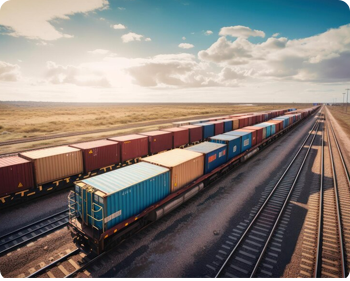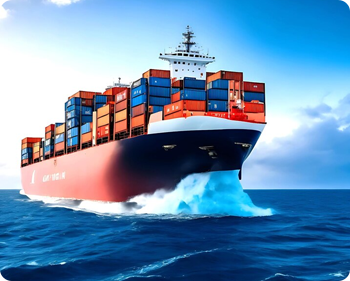
Delivering Excellence
in Logistics Services
Every business strives to grow and succeed. However, operating successful management of your business comes with some challenges. If you try to manage logistics matters on your own, it can be hard to focus on other crucial aspects of your business. Leave all your logistics services with us. We at Karwaan are professionals offering all types of logistics services. Collaborate with us for the sale and transportation of your goods. We can effectively manage the supply chain, distribute, store, and fulfill your orders. Hiring a logistics business such as Karwaan must have several benefits for your company. We aim to offer you on-time and fast logistic services every time so you can grow your business and succeed in a competitive global market.

1000+
Satisfied Client

5+ Years
Experience

We are the industry experts outsourcing your logistics requirements. Benefits of our logistics services include less risk, more efficiency, and time and money savings with your business operations. We have been among the top and most reputable logistic companies with a dedicated team of professionals. Every time, we apply state-of-the-art technology to offer you high-quality, on-time, and cost-effective services. So, if you are looking for reliable and experienced logistics services, count on us. Having us by your side means assured logistics services every time.

Frequently Asked Questions
Do you have any questions concerning our services and solutions? Well, you don’t have to be in doubt. You can find answers to them and get them answered via our FAQ section. We offer apt explanations for it all.
Incoterms, or International Commercial Terms, are a set of standardized trade terms used in international contracts for the sale of goods. They define the responsibilities, risks, and costs associated with the transportation and delivery of goods. Incoterms help ensure clarity and mutual understanding between buyers and sellers in international transactions.
Here are some commonly used Incoterms:
• FOB (Free On Board): The seller is responsible for the goods until they’re loaded onto the vessel at the departure port.
• EXW (Ex Works): The buyer is responsible for transportation, including export and import duties, from the seller’s premises.
• FCA (Free Carrier): The seller delivers the goods to a carrier or person nominated by the buyer at a specified place.
• DDP (Delivered Duty Paid): The seller delivers the goods to the buyer’s location, cleared for import, and pays all duties and taxes.
• DDU (Delivered Duty Unpaid): The seller delivers the goods to the buyer’s location, and the buyer is responsible for import duties and taxes.
• DAP (Delivered At Place): The seller delivers the goods to a named place, ready for unloading, and the buyer is responsible for import duties and taxes.
• CIF (Cost, Insurance, and Freight): The seller is responsible for delivering the goods to the named port of destination, including the cost of insurance and freight to that port.
Freight calculation varies depending on the mode of transportation and the type of shipment. Here’s how freight is calculated for different shipment types:
For Air Shipments:
• Freight for air shipments is determined based on either the volume weight or the gross weight, whichever is higher.
• Volume weight (volumetric weight) for air shipments is calculated using the formula: Length x Width x Height (in centimeters) / 6000. This calculation helps account for the space the cargo occupies in the aircraft.
For Sea LCL (Less than Container Load) Shipments:
• In the case of sea LCL shipments, the freight is calculated based on the gross weight or volume of the individual pallet, box, or container, whichever results in a higher charge.
• The volume of the cargo is computed using the formula: Length x Breadth x Height x Number of Boxes / 1,000,000 (cubic meter).
For FCL (Full Container Load) and Containerized Cargo:
• In FCL shipments, the freight rates are typically calculated on a per-container basis, such as per 20 GP (General Purpose), 40 HQ (High Cube), or other container types.
• The specific type and size of the container used for the shipment can influence the freight rate. Different container types are suitable for different types of cargo and may have varying rates.
• Specialized equipment, such as Open Top (OT) and Flat Rack (FR) containers, is often used for oversized or irregularly shaped cargo. When utilizing these specialized containers, it is essential to provide the exact dimensions of the cargo for the shipping company to assess whether it is in-gauge (fits within the container dimensions) or out-gauge (extends beyond the container dimensions).
• The freight rates for specialized containers like 20 OT, 40 OT, 20 FR, and 40 FR can vary based on the cargo’s dimensions, weight, and whether it requires special handling or securing due to its unique characteristics.
For Bulk Cargo Shipments:
• Freight rates for bulk cargo are determined differently. The rate is typically calculated based on the Freight Rate Table (FRT) or based on physical inspection and survey reports received from the surveyor or vessel owner.
• Bulk cargo shipments often involve unique or irregularly shaped goods that may not fit standard container dimensions. Therefore, the rate is determined through a detailed assessment that considers the cargo’s characteristics, quantity, and the specific conditions of the shipment.
Freight calculation for bulk cargo is often more complex due to the variability of cargo types, making it necessary to rely on detailed inspections and reports.
The essential documents for Importers and Exporters typically include:-
• Import Export Code (IEC): Essential for import operations, this code is issued by the Directorate General of Foreign Trade (DGFT) and is mandatory for all importers.
• Commercial Invoice/ Packing list : A detailed document specifying the goods’ description, quantity, unit price, total value, and other relevant details.
• Bill of Lading (for Sea Shipments) or Airway Bill (for Air Shipments): Transport documents that confirm the goods are loaded and provide information about the route and destination.
• AD Code (Authorized Dealer Code): This unique code, issued by banks, is required for all import transactions and is used for processing payments and foreign exchange transactions.
However, specific documentation requirements can vary depending on the nature of the shipment, so it’s advisable to contact our Freight agents for precise details.
While we don’t directly provide insurance services, we can assist you in obtaining cargo insurance through our trusted insurance partners. Your cargo’s protection from potential risks is a priority for us, and our experienced professionals can help you secure insurance coverage for the value of your goods. For more information, please reach out to our agents via phone, email, or WhatsApp.




